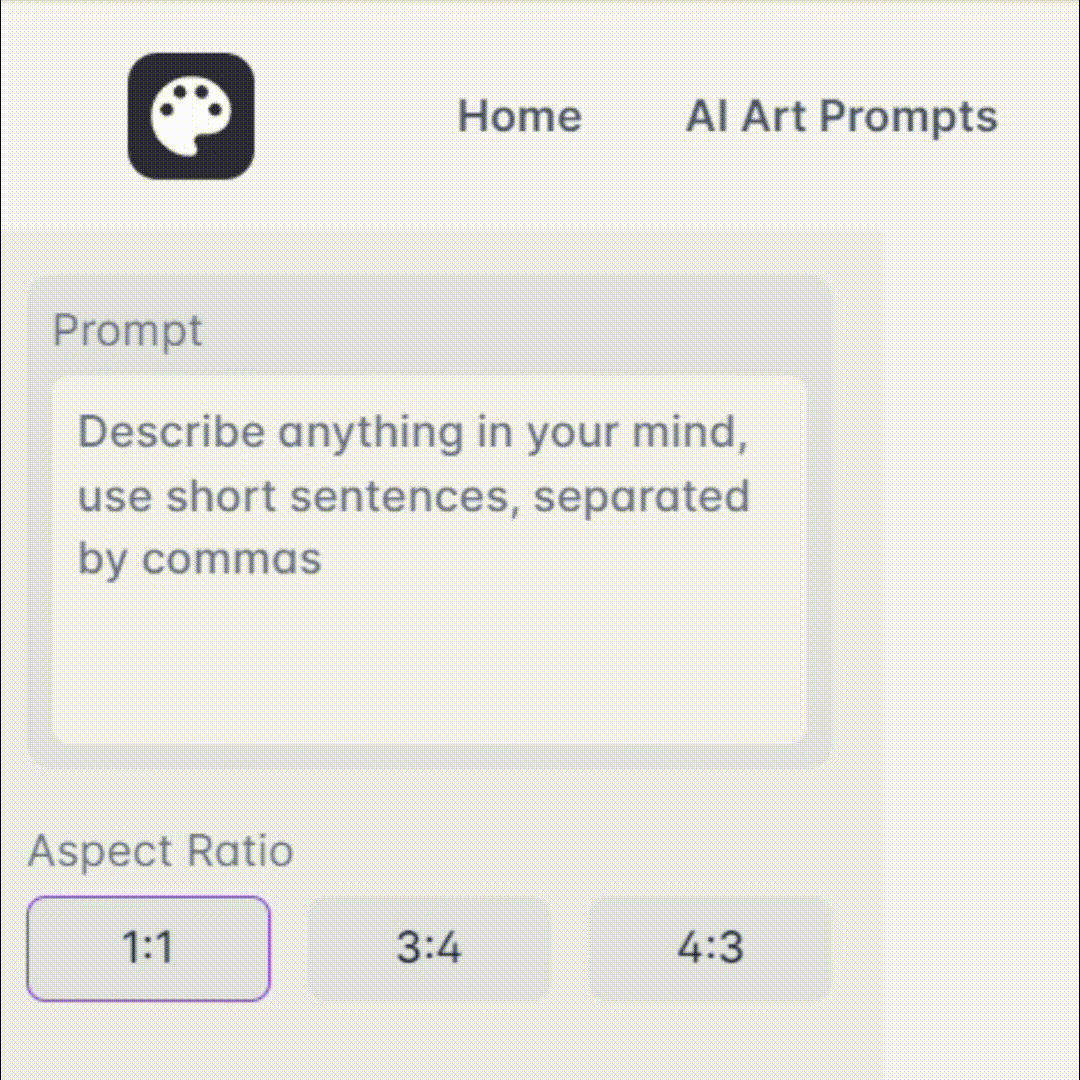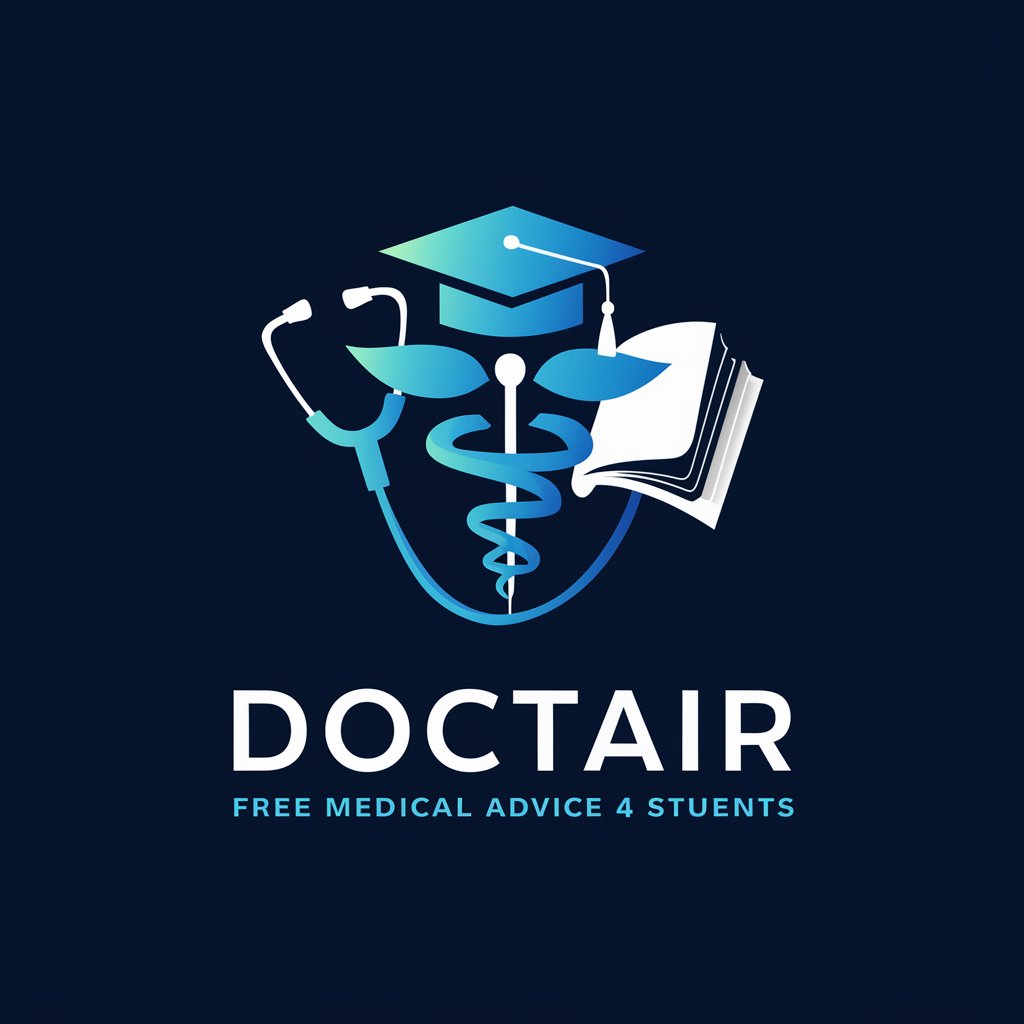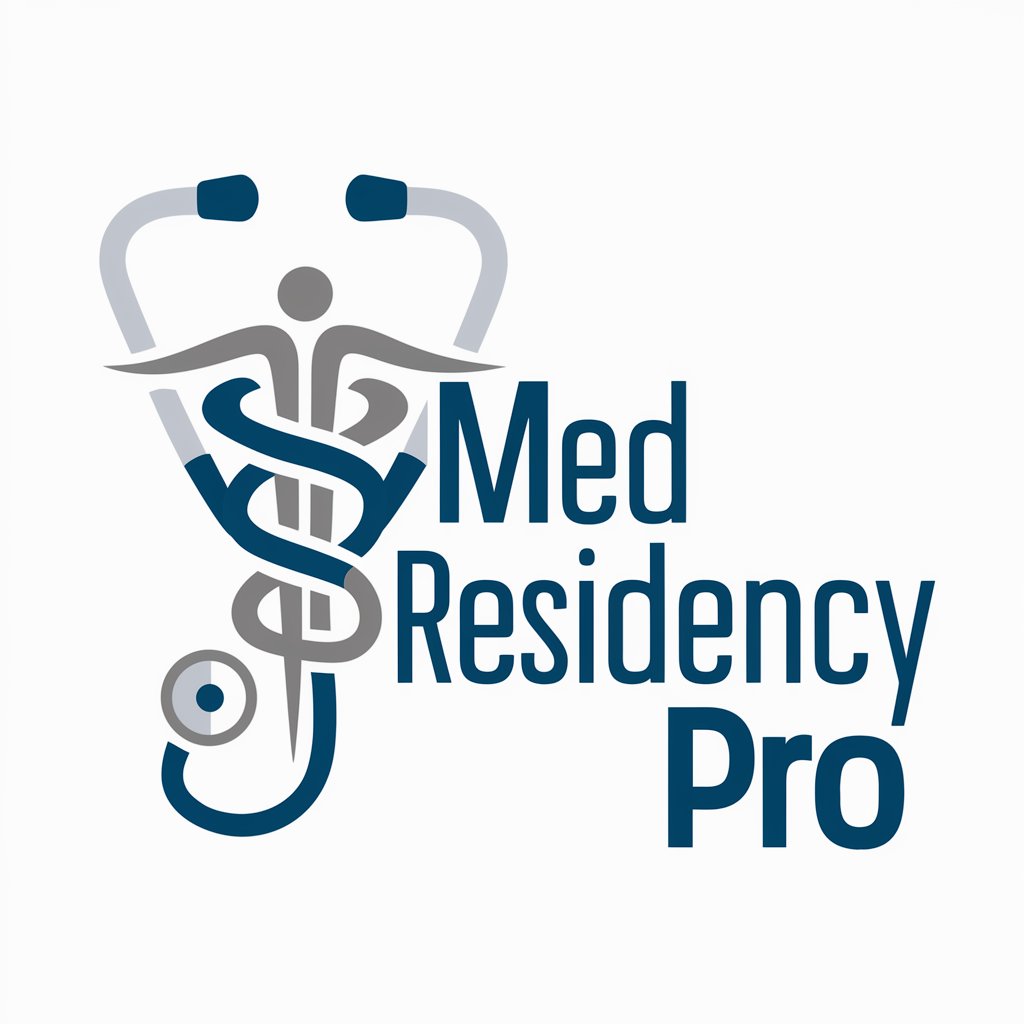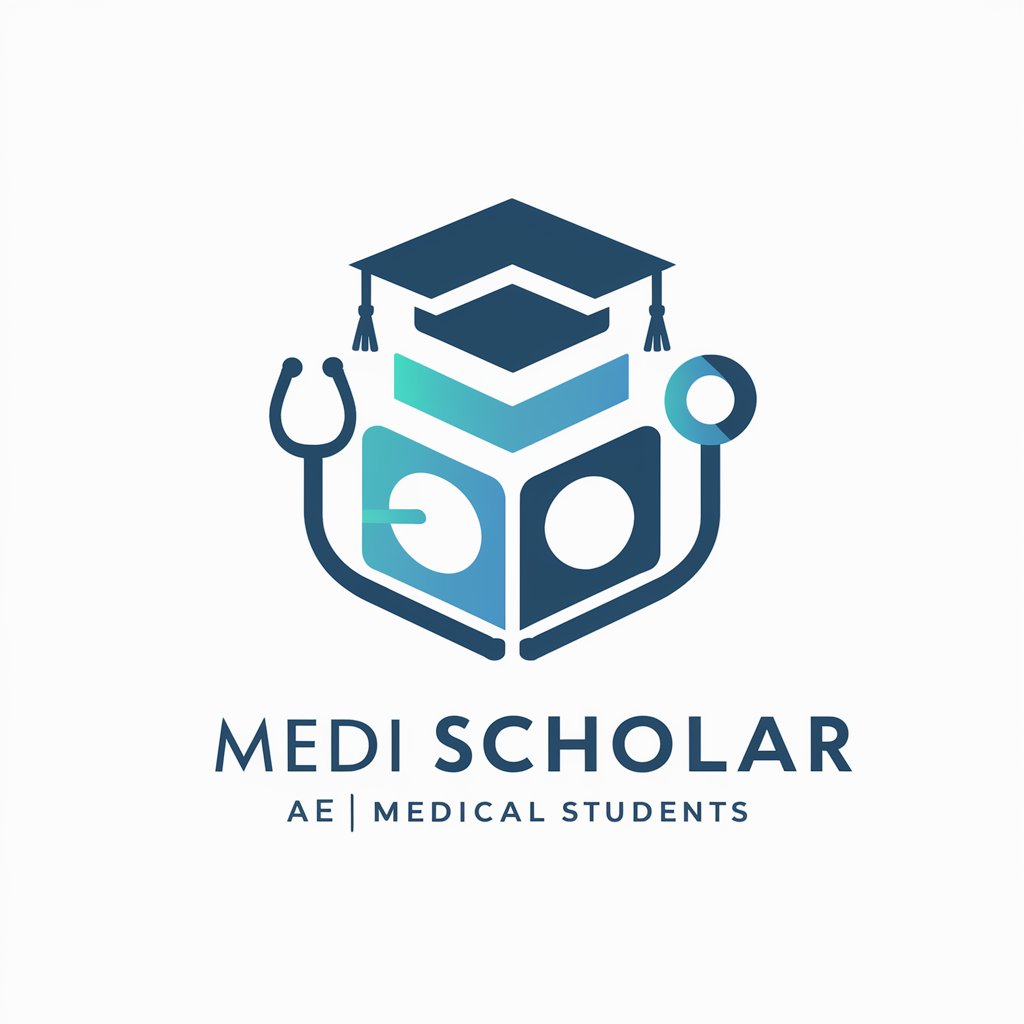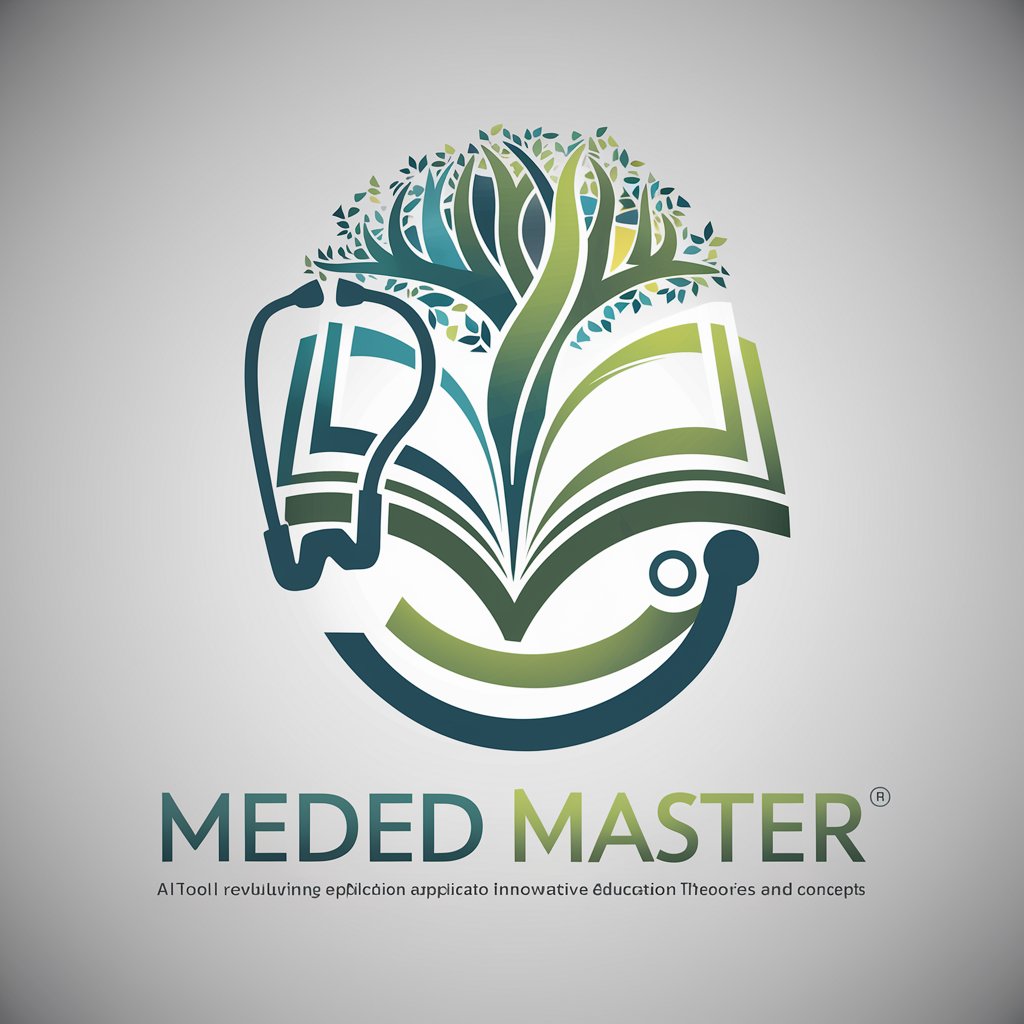
Medical Specialty Choice - For Medical Students - Medical Specialty Insights
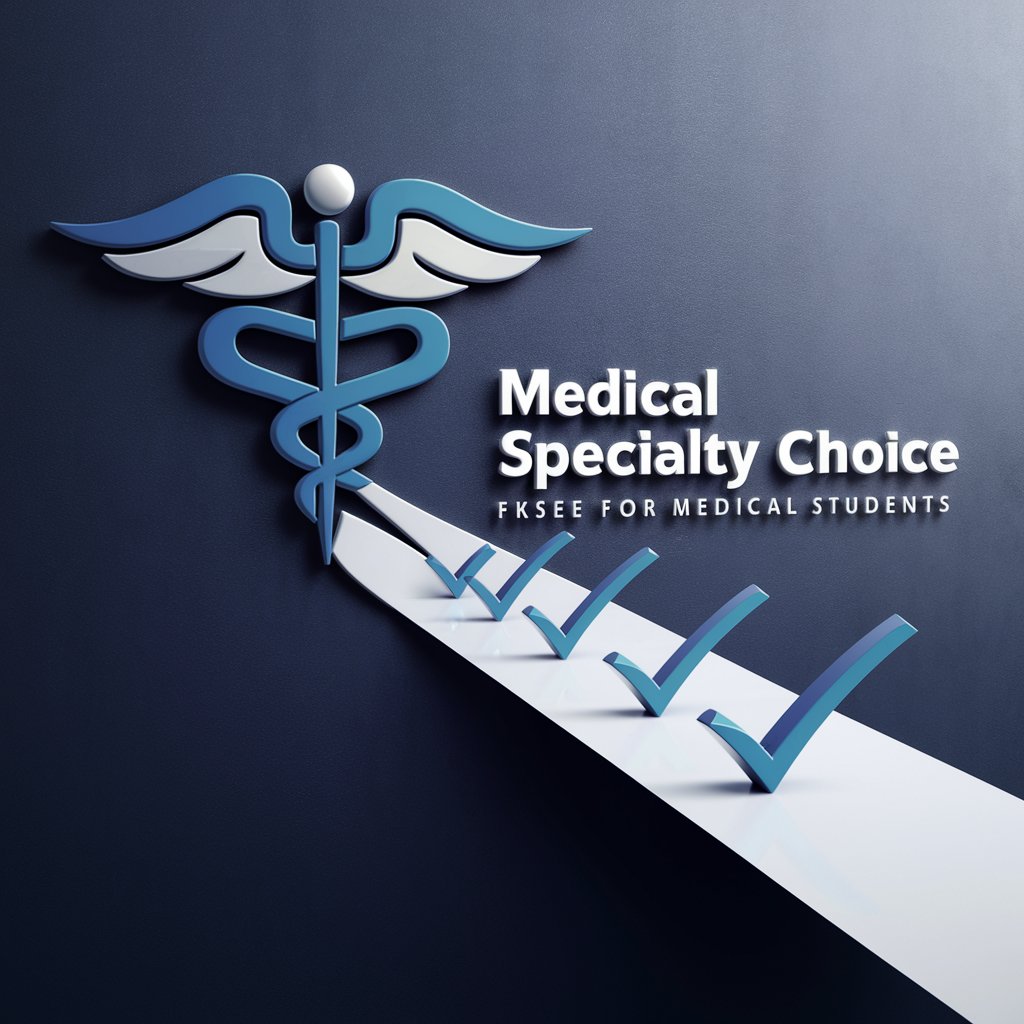
Welcome! Let's explore the best medical specialty for your future.
Empowering Future Physicians with AI-Driven Insights
Tell me about the average salary of a cardiologist in New York.
What are the typical on-call hours for an emergency medicine resident?
How does physician satisfaction compare between dermatology and general surgery?
What are the opportunities for private practice in pediatrics?
Get Embed Code
Introduction to Medical Specialty Choice - For Medical Students
Medical Specialty Choice - For Medical Students is a dedicated GPT designed to assist medical students in navigating the complex process of choosing a medical specialty and residency program. Its core objective is to provide detailed, factual information across a wide range of medical specialties, focusing on key factors such as average salary by location, typical on-call demands, opportunities for private practice, and overall physician satisfaction. By offering data-driven insights, this GPT aims to empower medical students with the knowledge needed to make informed decisions about their future career paths in medicine. For example, a medical student unsure about choosing between surgery and family medicine would receive comprehensive information on both specialties, including years of training required, lifestyle implications, and potential for sub-specialization, helping them weigh their options based on personal preferences and long-term career goals. Powered by ChatGPT-4o。

Main Functions of Medical Specialty Choice - For Medical Students
Providing Specialty-Specific Data
Example
Detailed profiles for specialties like cardiology, including fellowship training requirements, average patient volume, and common procedures.
Scenario
A student interested in cardiology would receive an overview of the specialty, insights into the fellowship process, and information on cardiology's subspecialties.
Salary and Lifestyle Information
Example
Comparative salary data across different regions and information on work-life balance for each specialty.
Scenario
A student weighing options between high-paying specialties with demanding on-call schedules versus lower-paying ones with more predictable hours.
Residency Matching Assistance
Example
Guidance on preparing a competitive residency application, including which specialties match the student's clinical performance and interests.
Scenario
Helping students understand how their USMLE scores, clinical rotations, and letters of recommendation influence their residency application.
Ideal Users of Medical Specialty Choice - For Medical Students
Medical Students at Any Level
Students from the first year to those applying for residency stand to benefit by gaining early insights into their specialty options, enabling strategic planning of their medical education trajectory.
International Medical Graduates (IMGs)
IMGs looking to understand the U.S. medical system's residency requirements and opportunities, including how to position themselves competitively for matching into their desired specialty.

How to Use Medical Specialty Choice - For Medical Students
Begin Your Journey
Access a comprehensive guide without the need for login or subscription at yeschat.ai, providing a hassle-free trial experience.
Identify Your Interests
Consider your medical interests, lifestyle preferences, and career goals to tailor your inquiries about different specialties.
Explore Specialties
Utilize the tool to gather detailed information on various medical specialties, including salary data, work-life balance, and residency requirements.
Analyze Data
Review the factual data provided, such as average salaries by location, on-call demands, private practice opportunities, and physician satisfaction surveys.
Make Informed Decisions
Leverage the comprehensive data to compare and contrast specialties, aiding in your informed decision-making process for your medical career path.
Try other advanced and practical GPTs
EtsyTrend Expert
Navigate Etsy Trends with AI-Powered Insight

China Defense Analyzer
Decoding PLA with AI-Powered Analysis

Lyric Lens
Craft Your Photo's Song

Job interview bot
Ace Your Interview with AI-Powered Coaching

Ramsay's Cooking Rants
Elevate your cooking with AI-powered advice

Gio's Math Mentor
Empowering math learning with AI

Maître de l'Art
Empowering Artistic Exploration with AI

Chronicles of Time: The Marcum Experiment
Unravel time's mysteries with AI-powered adventures.

ECommerce Trendz GPT by Uply Media Inc
Empowering E-Commerce with AI

The Interview Coach
Master Your Interview with AI

Magic Hour Blogger
Crafting Engaging Blogs with AI

Text Adventure Game Master
Craft Your Adventure with AI

Frequently Asked Questions About Medical Specialty Choice - For Medical Students
What type of data can I find about medical specialties?
You can find detailed data on average salaries by location, typical on-call times, opportunities for private practice, and physician satisfaction surveys across various specialties.
How can this tool help me choose a medical specialty?
It provides comprehensive, objective data to compare and contrast specialties, helping you align your career goals with the realities of each field.
Can I find out about residency program requirements?
Yes, the tool includes information on residency requirements and the competitiveness of various specialties, assisting you in preparing for residency applications.
Is there information about work-life balance in different specialties?
Absolutely, the tool provides insights into the work-life balance, including average work hours and on-call demands, for each specialty.
How up-to-date is the data provided?
The tool strives to offer the most current data available, with regular updates to ensure accuracy and relevance to today's medical field.
